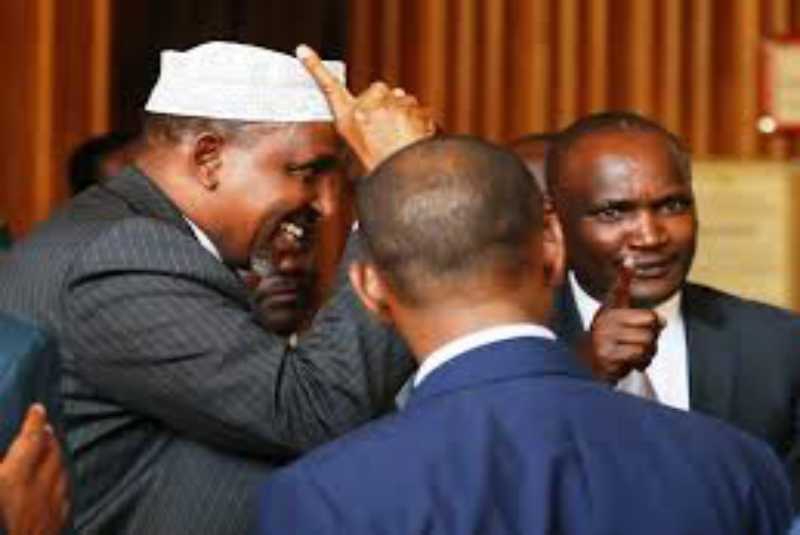×
The Standard e-Paper
Home To Bold Columnists

At a time when legislative leadership is desperately needed to put us back on the path to prosperity and achieve the Big Four agenda, Parliament in its wisdom has chosen to bury its head in the sand.
First, belying the bravado, the singing and pretence that characterised the special session of Parliament called to discuss tax issues last week was the underlying reality that the stature of the House has fallen greatly in the public eye.